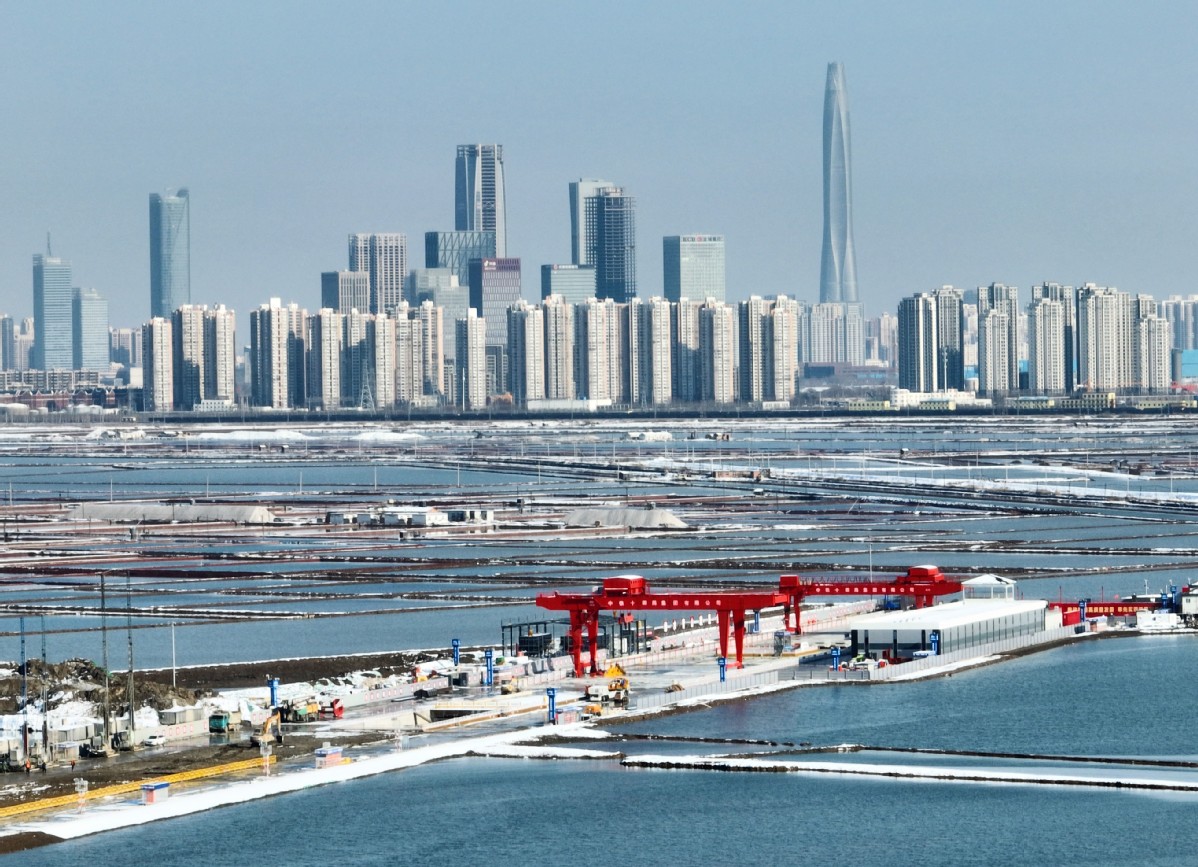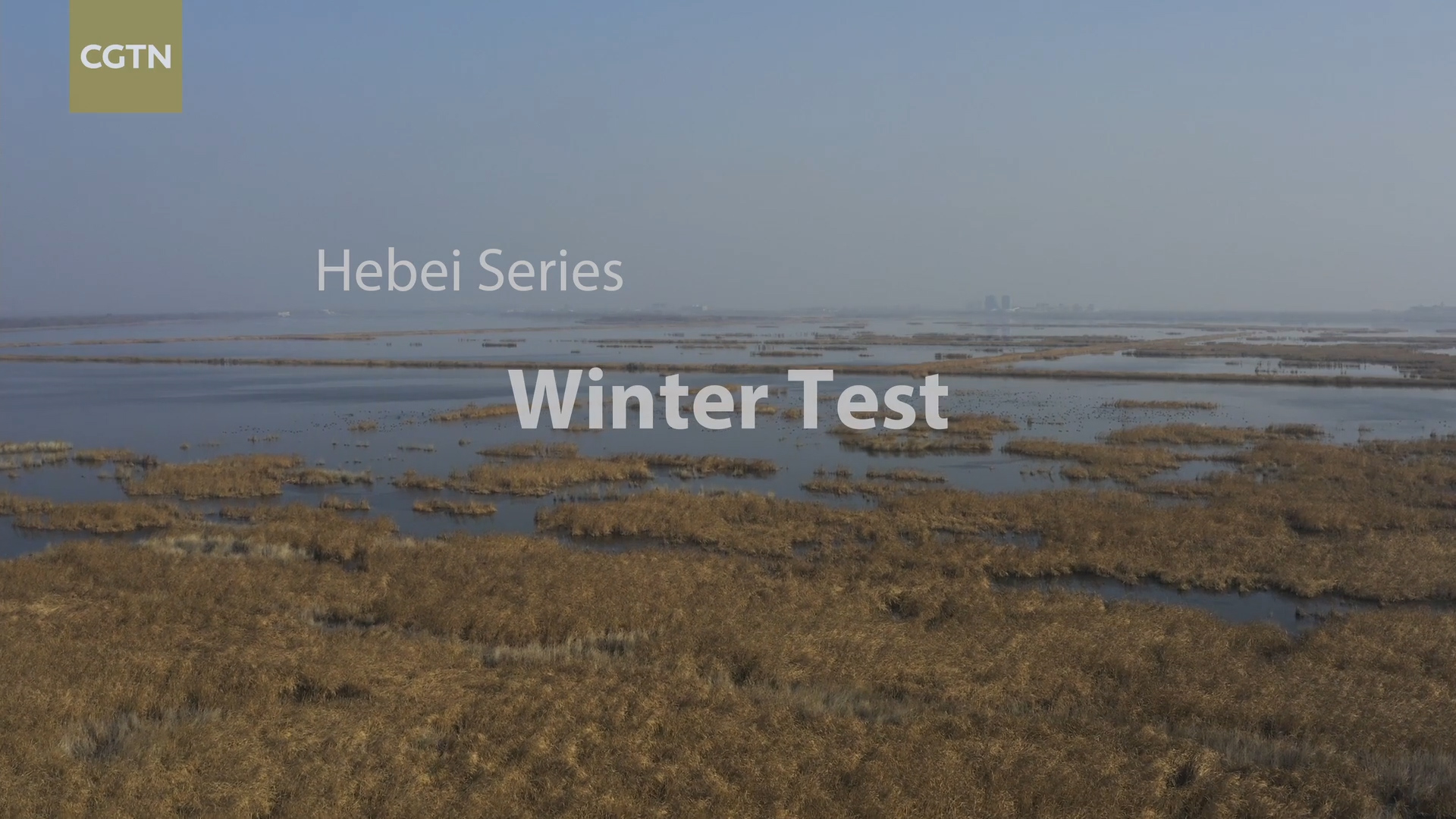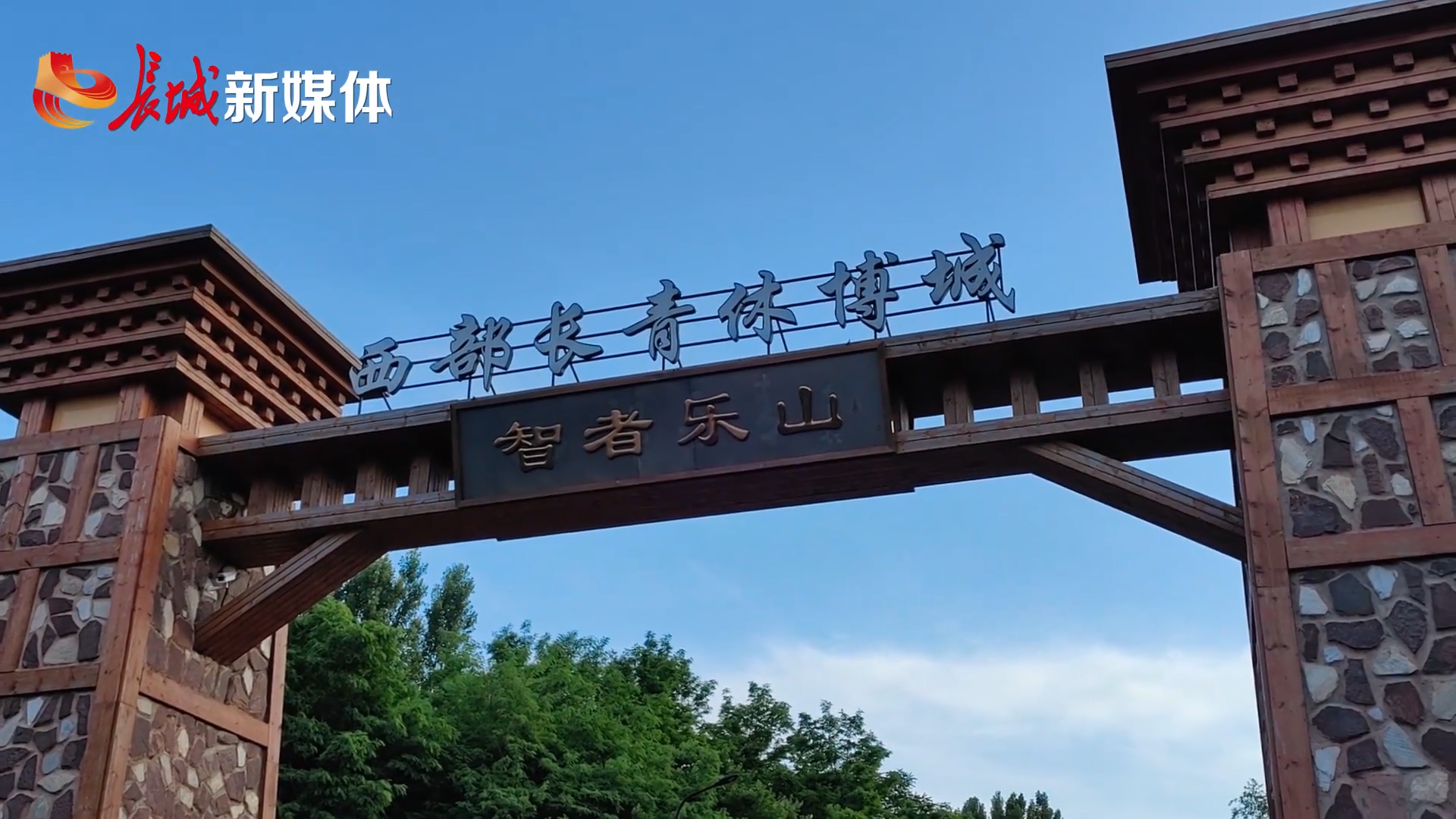
A photo taken by a drone on Jan 18, 2024 shows the excavation of the high-speed shield tunnel with the largest diameter and longest driving distance in the Beijing-Tianjin-Hebei region officially starting. [Photo/Xinhua]
This year marks the 10th anniversary of the Beijing-Tianjin-Hebei integrated development initiative being upgraded into a national strategy.
The government work reports released by Beijing, Tianjin and Hebei at the beginning of this year, all show that further deepening coordinated development with the other two areas is high on their respective to-do list.
The region is located in the center of the Bohai Bay Rim region. Promoting its coordinated development is of great significance for adjusting and optimizing the economic structure, exploring new models for optimizing development of densely populated areas, building a world-class urban agglomeration with the capital as the core, and radiating and driving the development of the whole Bohai Bay Rim region, which also includes Liaoning province in its north and Shandong province in its south.
Ten years ago, the region faced serious problems related to big-city diseases and its development gap. Most of these problems have been effectively alleviated or solved over the past decade thanks to the implementation of the strategy.
Relieving Beijing of its noncapital functions is an important step in promoting the coordinated development of Beijing, Tianjin and Hebei. As Beijing seeks to divert more research, capital, manufacturing and talent resources to the other two, Tianjin should further improve its business environment and pro-innovation support to further strengthen its linkage with Beijing while giving full play to its advantages, and Hebei should give strong support to the construction of Xiong'an New Area.
The three parties should jointly catalyze their cooperation by better tapping into the potential of their complementarities. It should be a process of deepening regional coordination that can help break institutional hindrances restricting the flow of capital, talents and technology, rather than merely an industrial relocation from developed regions to the less-developed ones.
Editor: Li Wenpei, Mi Wenting (Intern)






